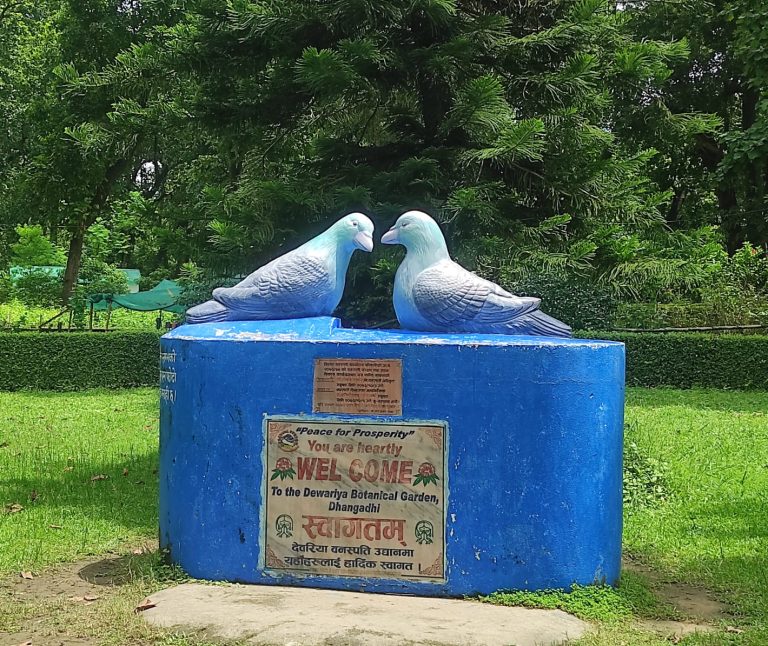Why Nepal Bans Unregistered Social Media Platforms Until Further Notice
A quiet click. A sudden block. Millions of Nepali users woke up on September 5, 2025, to find Facebook, Instagram, YouTube, WhatsApp, Twitter, and several other familiar social media platforms inaccessible. The reason? Nepal has enforced a ban on unregistered social media platforms until further notice. The ban effective on September 4, 2025 midnight.
This isn’t arbitrary. It’s a wake-up call that even digital spaces are governed by rules. For users, creators, and businesses, it’s a moment to pause, reflect, and adapt.

Background: Why Nepal Enforced the Social Media Registration Law
The Supreme Court of Nepal issued a writ directing the government to regulate and register social media platforms operating in the country. Platforms that reach millions, influence public discourse, or host critical information must comply with local laws.
The Ministry of Communication and Information Technology, led by Minister Prithvi Subba Gurung, tasked the Nepal Telecommunications Authority (NTA) with implementing the rule. Registration is straightforward and free. The goal is not permanent restriction but accountability.
Platforms Affected
As per official reports quoted by widespread media, the following unregistered platforms have been blocked in Nepal:
- Facebook, Messenger, Instagram, YouTube, WhatsApp
- Twitter (X), LinkedIn, Snapchat, Reddit, Discord
- Pinterest, Signal, Threads, WeChat, Quora
- Tumblr, Clubhouse, Mastodon, Rumble
- Me We, VK, Line, IMO
- Zalo, Soul, Hamro Patro
These platforms did not complete registration within the deadline of August 28 – September 3, 2025, despite repeated notices.
Platforms Allowed to Operate
Platforms that have registered and can still operate legally include:
- TikTok,
- Viber,
- Nimbuzz,
- WeTalk,
- Poppo Live
The government emphasizes that registration is simple and compliance restores access immediately.
Registration Process & Deadline
- Deadline: August 28 – September 3, 2025
- Requirements: Platform details and acknowledgment of Nepal’s legal framework
- Outcome: Non-compliance triggers temporary blocking; compliance restores access
The Ministry issued multiple public notices to guide platforms through the process.
Impact on Users & Businesses
Users: Daily communication, social networking, and access to global information are interrupted.
Businesses & Content Creators: Marketing, outreach, and audience engagement face temporary disruption. Businesses relying on these platforms must explore alternatives or await registration compliance.

Legal & International Reactions
- National: Citizens may challenge the ban through courts if they feel access rights are violated.
- International: Human rights groups may express concerns over freedom of expression, while the government maintains the ban is regulatory, not punitive.
How to Access Social Media Legally in Nepal
Check which platforms are officially registered with the Ministry.
Use registered alternatives like TikTok, Viber, Nimbuzz, and WeTalk.
Stay informed through official announcements or trusted news portals like AP News, Kathmandu Post, and Online Khabar.
Businesses should diversify digital strategies to avoid disruptions.
Future Implications
- Monitoring: NTA continues to enforce compliance using technical measures like DNS filtering and IP blocking.
- Awareness Campaigns: Government plans to educate users and platforms about registration and legal responsibilities.
- Legislation: Possible future laws will focus on content moderation, data privacy, and accountability.
- Regional Influence: Nepal may inspire neighboring countries considering similar social media regulations.
Balancing regulation with user rights will determine how this policy shapes digital life in the long term
Practical Takeaway
- Stay informed: Verify which platforms are registered and accessible.
- Adapt communication: Businesses and creators must plan for sudden platform blocks.
- Compliance matters: Platforms following registration rules can continue operating legally.
Nepal’s social media ban is not permanent—it’s a reminder that digital freedom comes with legal responsibility. Awareness, preparation, and adaptability are key to staying connected.
Following is the widespread media coverage on this regard :




